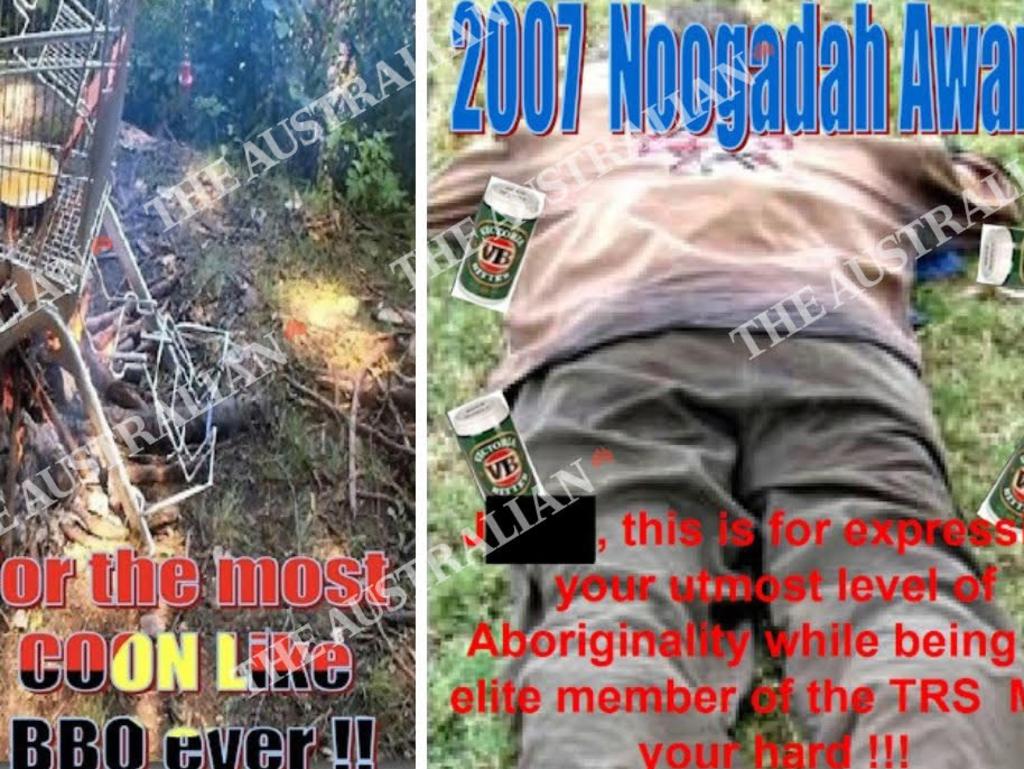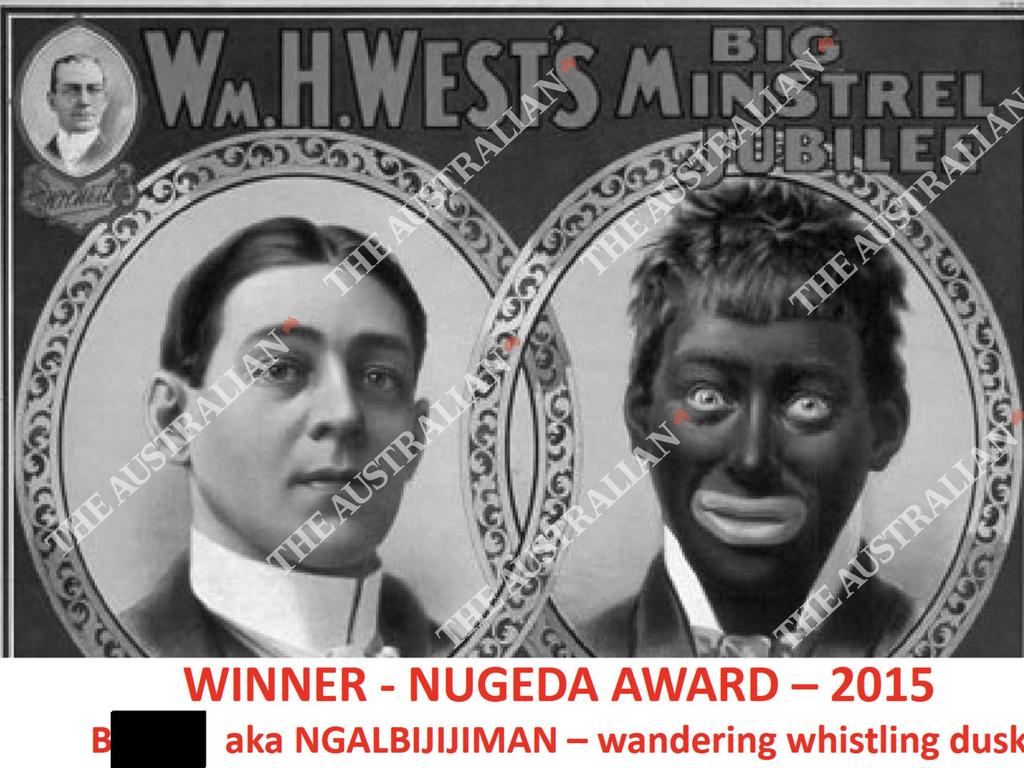Lawyers at war in Kumanjayi Walker inquest: unseen NT Health submissions
NT Health and representatives of Zachary Rolfe have criticised counsel assisting the coroner in the inquest into the death of Kumanjayi Walker, while other parties have come to her defence.
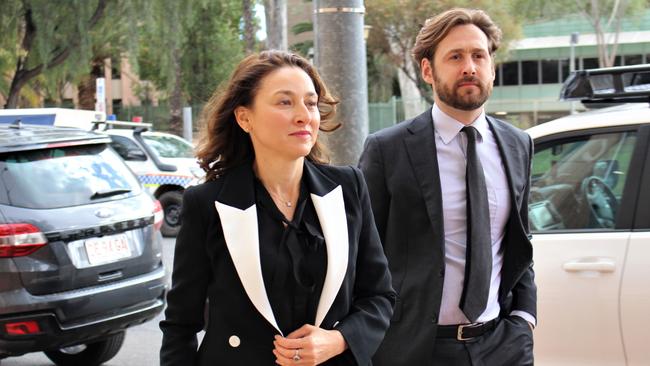
The counsel assisting the coronial inquiry into the death of Northern Territory Indigenous man Kumanjayi Walker has been criticised in closing submissions to the inquest, including by the Territory’s health department, which accuses her of lacking “any coherent rationale” in her approach to the evidence.
NT Health - while also agreeing with many of her submissions - accused Peggy Dwyer SC of constructing a narrative around a “preconceived objective” and alleged she had urged coroner Elisabeth Armitage to “accept a particular witness’s account of events, without identifying there is conflicting evidence or analysing the evidence”.
Similarly, lawyers for Zachary Rolfe, who was acquitted of Mr Walker’s murder in 2022 and described as a “racist and sexist”, claim Dr Dwyer put forward “highly inappropriate and improper” submissions and demonstrated “a complete lack of understanding” of cross examination”.
While NT Health has made the extraordinary submissions, there are others who backed the “comprehensive and extensive” submissions of Dr Dwyer including the Walker, Lane and Robertson families – each of which have familial links to Walker – and the North Australian Aboriginal Justice Agency who called on the coroner to reject Mr Rolfe’s claims her submissions contained “some overly emotive and pejorative language”.
NT Police said in its closing submissions that it was clear – though unbeknown to the force – that Mr Rolfe was “a racist officer” but it would be “simplistic and logically in error” to state that his interaction with Mr Walker was influenced by racism. It noted that he also “expressed adverse attitudes, strongly suggestive of entrenched sexism, towards or about women”.
Representatives for Mr Rolfe said Dr Dwyer had “struggled unduly for a particular result” through the inquest, which had become “a roving royal commission into Rolfe”, contrary to assurances she gave when it began.
Many of the written remarks were not included in oral submissions made last week, but NT Health stressed that they relied on their written submissions “in full”.
In her closing submissions, dated October 21, Dr Dwyer said evidence put forward in the inquest displayed Mr Rolfe as a “man with a tendency towards violence”, was racist towards Aboriginal people, had “derogatory beliefs about ‘bush-cops’” and was sexist towards senior female officers.
Dr Dwyer said Mr Rolfe gave “dishonest” evidence relating to his use of force, and that he had “little regard for authority”.
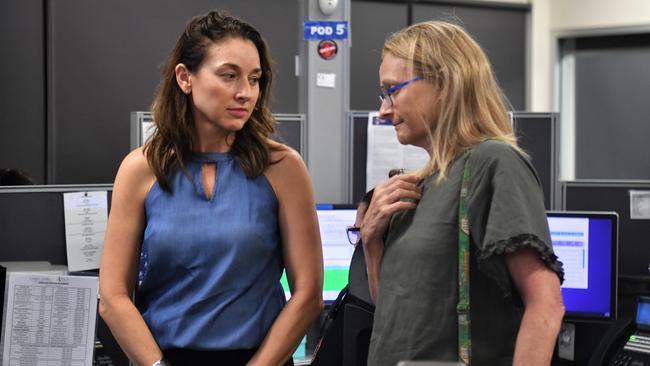
“Mr Rolfe has had ample opportunity to identify any evidence necessary to ‘contextualise’, or contradict, what counsel assisting contends is evidence of his violence, dishonesty, racism and sexism.
Despite Mr Rolfe’s repeated claims in this and other forums that such “context” exists, he has not taken up that opportunity,” she wrote.
The closing submissions laid bare the tensions between some of the legal teams during the hearings, with Dr Dwyer slamming the cross-examination of Rolfe’s ex-fiance, Claudia Campagnaro, by Rolfe’s silk, David Edwardson KC.
Mr Edwardson had suggested Ms Campagnaro invented her accounts of Mr Rolfe’s violence and racism because she was a “bitter” ex-love. Dr Dwyer said in her written submission that Mr Edwardson’s cross-examination “depends more for its foundation on stereotypes about women – in relationships and as witnesses – than the evidence”.
In response, Mr Rolfe’s legal team – in a submission co-signed by Mr Edwardson – described Dr Dwyer’s claim as “highly inappropriate and improper” (and) demonstrates a complete lack of understanding in relation to cross-examination.”
The submission was “gratuitous … offensive and without foundation,” Mr Rolfe’s lawyers said. “It ought be withdrawn.”
Mr Rolfe’s legal team pointed out that while his murder trial in the NT Supreme Court took five weeks sitting only half days due to Covid, the inquest had consumed 68 sitting days, 5810 pages of transcript and millions of taxpayer dollars.
“The criminal trial comprehensively and decisively determined the cause and circumstance of the death of Kumunjayi Walker and, as such, this coronial inquest should have been confined in scope and purpose, always respecting the sanctity of the jury verdict of not guilty,” the lawyers said.
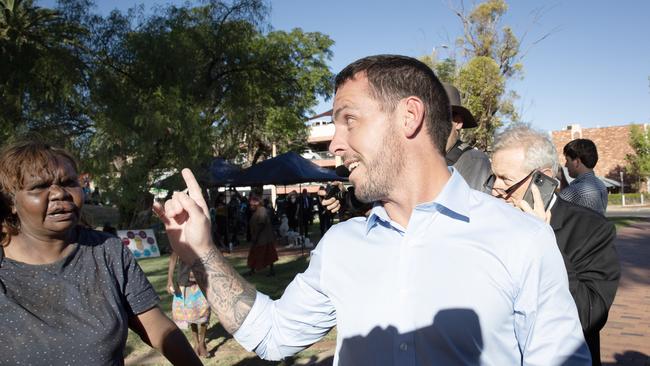
The coroner had “fallen into error” by wrongly permitting evidence from Mr Rolfe’s mobile, including text messages unrelated to Walker’s death “for the purposes of perceived racism and misogyny” and then allowing him to be cross-examined on it.
“The notion that this was some sort of racially motivated hit job is not only rejected but its foundation is not borne out by the evidence.
“Not a single party in this inquest played the full body-worn video of the shooting on 9 November 2019 at any point in the inquest, let alone to Rolfe when cross-examining him.
“Not a single party paid any respect to the evidence at trial which well and truly established the cause and circumstances of death, and not a single party has paid respect to the sanctity of the jury verdict. In truth, they have actively sought to undermine it.”
Dr Dwyer pointed out during Mr Rolfe’s oral submissions last week that his representatives had “every opportunity” to show the video themselves.
The use of “overly emotive and pejorative language” by Dr Dwyer risked leading the coroner, Mr Rolfe’s lawyers said.
“Counsel assisting must be impartial and independent, and must not struggle unduly for a particular result. That is precisely what counsel assisting has done throughout the inquest … Those propositions should be rejected as improper and inappropriate of counsel assisting.”
The NT Health Department in its submission cited an example in which Dr Dwyer allegedly attributed comments to two nurses based on another witness’s recollection, without putting those comments to the nurses in evidence.
“For counsel assisting to submit that they said the words attributed to them by (a witness), without ever putting this to them and without identifying or engaging with the clear and overwhelming evidence to the contrary is a discredit to that service,” the submission reads.
“It speaks volumes,” it adds.
The department alleged Dr Dwyer constructed a version of events that was “fundamentally inconsistent with the contemporaneous evidence” and often departed from an accepted timeline.
“In doing so, they often rely on single lines of oral evidence given by witnesses three years after the events, concerning conversations the witnesses accept they had some difficulty recalling, and which is directly contradicted by all other relevant evidence,” the submission reads.
“No convincing or coherent explanation is offered for why the coroner should depart from the contemporaneous records in this manner.”
NT Health also submitted that Dr Dwyer failed to show a “coherent rationale” around her approach to the evidence including “which evidence should be accepted or rejected”.
“Consequently, it is difficult to escape the conclusion that counsel assisting’s analysis of the evidence was undertaken by working backwards from a preferred construction of events or from a preconceived objective, rather than from an objective and impartial analysis of the evidence and its reliability,” the submission reads.
“Contrary to the role of counsel assisting, as set out above, the reasoning appears to struggle for a particular result.”
Territory Health also submitted that Dr Dwyer’s approach to contemporaneous and non-contemporaneous evidence was done in a “highly selective manner” and that – on repeat occasions – witness testimonies were later urged to be disregarded after the fact despite not being disputed while on the stand.
“In view of the above, it is difficult to conclude that counsel assisting’s analysis of the evidence in this matter was undertaken objectively. Evidence that should be rejected is accepted, without interrogation, where it supports an adverse finding; the best available evidence is discounted where it limits such a finding being made.”
In delivering their final submissions, the Walker, Lane and Robertson families also panned the Territory’s justice system for failing to properly recognise or consider Indigenous cultures – except in “superficial” ways, such as acknowledgment of country proclamations.
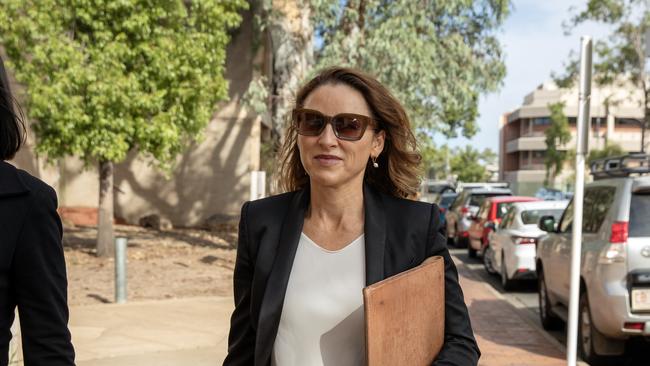
The families accepted it would be impossible for Mr Rolfe to be tried a second time for the killing of their family member, but said dropping double jeopardy laws could have “a real and positive consequence for his community”.
“It is accepted that any statutory provision that may be enacted to abrogate double jeopardy in the Territory should not be framed to retrospectively apply to Rolfe’s acquittal,” the submission reads.
“However, if it were so enacted, the legacy of Kumanjayi’s death might at least include a real and positive consequence for his community.”
The submission states that various other states – including NSW, Victoria, Queensland and Western Australia – have provisions allowing defendants to be tried for the same crime twice, in circumstances of serious offences or when there is “fresh and compelling evidence”.
“It is acknowledged that this recommendation is potentially a double-edged sword for First Nations given the disproportionate policing and prosecution of yapa (Walpiri people) in the Territory – ie, it may lead to an increase in the number of offenders being found criminally liable, which in the Territory in particular is likely to disproportionately impact the Indigenous population,” it reads.
“However, first and foremost the families seek justice. They also wish that what they have endured in the kardiya (British justice) processes that have been undertaken will not be endured by any other family.”
The families criticised the coronial process for failing to properly interrogate “all aspects of First Nations culture”.
“Binding as it is, the kardiya system does not recognise yapa culture and customary practices other than in a superficial way, eg ‘acknowledgements of country’ and some ad hoc accommodation by police of practices such as ‘sorry business’,” the submission reads.
Citing former High Court chief justice Francis Brennan, they said equality before the law “may involve the necessity of differential treatment” in order to achieve a just result.
The Australian approached Dr Dwyer and Mr Rolfe for comment.


